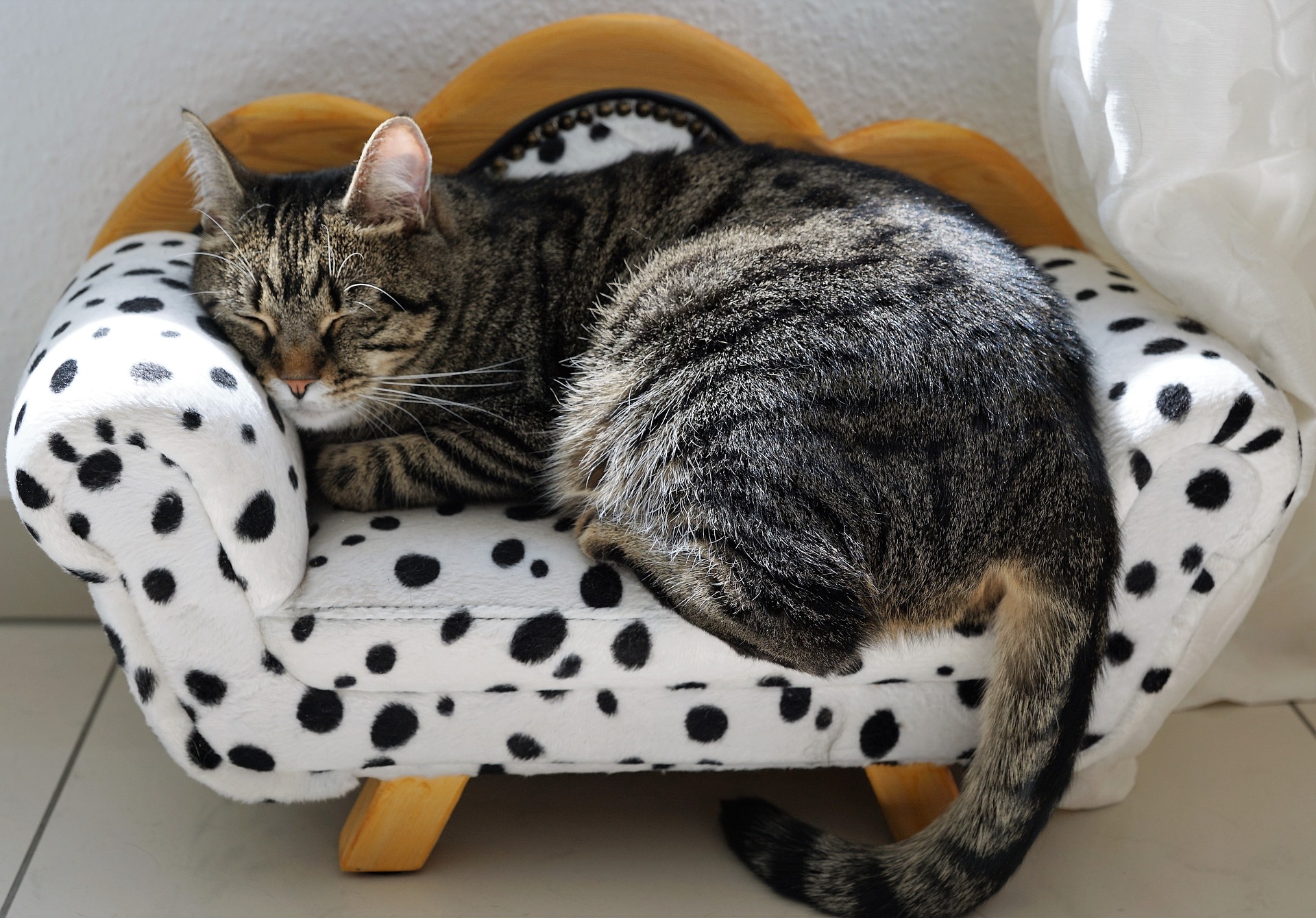This is part 2 of our answer to this fair and difficult question: “Why should I treat cancer in my pet?”
You can read part 1 here: Why should I treat cancer in my pet? (part 1)
Here are 3 more reasons to treat your pet.
4. Treating cancer can improve quantity of life
In vet medicine, we care immensely about quality of life. So if we can improve quality of life AND quantity of life (i.e. survival or lifespan), then we have a great solution for your pet.
I would say that is the case for most cancer patients we treat. We can help a pet breathe better, or eat better, or walk better, which improves quality of life.
And because we remove the evilness, we also prolong their lives.
If we can meet these criteria, then it may be time to have a heart-to-heart about humanely putting them to sleep to stop their misery.

5. Cancer surgery can be palliative
Occasionally, we have a totally different discussion with a pet owner.
That is when we know we cannot offer a cure or prolong a pet’s life significantly. But we can temporarily improve quality of life.
This is called palliative surgery.
According to Dr. Google (and the Oxford dictionary), palliative surgery means that we relieve symptoms without dealing with the cause of the condition.
With the proper education and expectations, and after a long heart-to-heart, this decision is worth it to some pet owners.
For example, we can remove a very aggressive cancerous mass that is constantly bleeding and causing pain.
Another example I’ve written about before, would be to place a tube to allow peeing in a dog with bladder cancer.
This is definitely not for everybody, but it’s a possibility that can be explored with the right pet owner.
6. Sometimes, cancer is not cancer!
We’ve done surgery on pets where “everybody” was convinced they had cancer. But the biopsy eventually showed that it was not cancer.
I’ve written several times about this.
So every once in a while, it’s a good idea to avoid assuming your pet has a terrible illness, when they may have something perfectly benign and treatable. Ultimately, the only proof of cancer is how the pathologist reads the biopsy under the microscope.
I hope this helps you see cancer in a different light.
Ultimately, choosing surgery is a complex and emotional decision. Vets make medical recommendations. You need to make your own decision based on the science, the possible complications, the financial aspect, the stats that are shared with you, the probable outcome, the surgeon’s experience etc.
If you would like to learn how we can help your pet with cancer surgery, safe anesthesia and outstanding pain management, please contact us through www.LRVSS.com
Never miss a blog by subscribing here: www.LRVSS.com/blog
Phil Zeltzman, DVM, DACVS, CVJ, Fear Free Certified
